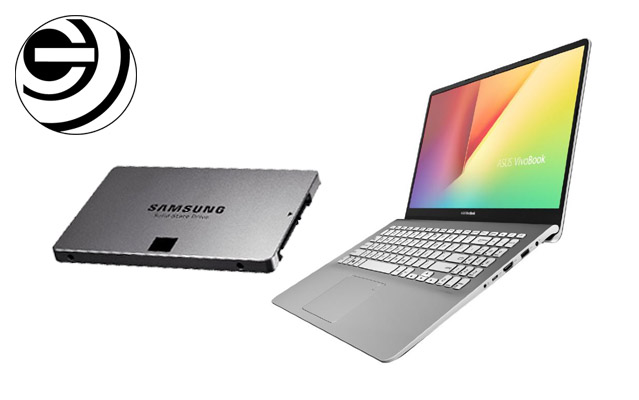Bulky and slow, traditional storage systems can be cumbersome. The majority of people looking for SSD laptops are probably tired of waiting several hours while transferring files, disliking the fact that their machine takes forever to boot up, and wanting to get rid of the loading screen and increase their workflow speed.
Nevertheless, you can all agree that it is extremely difficult to choose from the thousands of best budget laptops with SSD available in the market, from good to excellent. This blog has considered all the details of each aspect of buying a SSD Laptop to help you make the writing purchasing decision.

Best Budget Laptop with SSD
Laptops with SSDs are better than those with HDDs.
If you’re not a computer geek, you may think that “SSD” and “HDD” are simple letters that you can buy whatever you like, as long as the storage capacities listed in front work for you: 500GB, 1TB, 2TB. It wasn’t that long ago that SSD data storage was reserved for thin and high-end laptops, and it was expensive. Students and workers from every walk of life use SSD laptops for maximum productivity and are not only requested in colleges and schools.
How does an SSD differ from an HDD? Below are several reasons why SSDs are highly desired today.
- Storage and retrieval of data by SSDs are approximately five times faster than by traditional Hard Disk Drives (HDDs). Users gain productivity from faster loading programs.
- SSDs have a long battery life over hard drives, as hard drives require power from the battery to spin their moving parts in order to save or retrieve files.
- The SSD typically takes between 10 and 12 seconds to start up, while the HDD generally takes between 20 and 30 seconds.
- SSDs are made up of no moving parts, so they do not make any sounds.
- SSDs are durable and do not suffer from data loss or device breakdown due to external physical trauma.
- When the SSD’s lifespan expires, you might wonder, “what will happen to the data on the drive?” But worry not, since the data on the drive remains intact despite the lifespan reducing over time. You can however still read the data on it. SSDs should be replaced about two or three months before the old drives expire.
Best Budget SSD Laptops: What to Look for?
Considering buying a new laptop soon? Take these factors into consideration:
- Decide on a laptop size: Choose the laptop that fits your needs based on how portable the device must be to you. Suppose you do not intend to move your machine around often. In that case, it is recommended to choose a size between 11 inches and i8 inches, which are the lightest systems.
- Choose a platform: Google Chrome, Mac, or Windows.
- Configure your laptop: Make sure the laptop you choose meets your needs. A machine’s specifications such as its processor, memory size, display, storage drive, graphics, battery life, and ports are essential features to look for before purchasing.
- Cost: Budget your laptop purchase before you start shopping. When choosing a computer, a budget can help you choose one with a better display, high performance, and fast without breaking the bank.
- Branding your product well: The quality of a laptop is determined by its manufacturer. You’ll get value for money and effective customer service if you choose a laptop model with quality, durable components.
Review of the best SSD laptops
The best SSD laptop may not be a unanimous choice, and it will differ from person to person. You can take a look at this blog for a comprehensive look at buying cheap SSD laptops available for purchase so that you don’t make any mistakes. Ensure that you carefully evaluate your needs, budget, brand, and specifications according to their strengths and weaknesses.